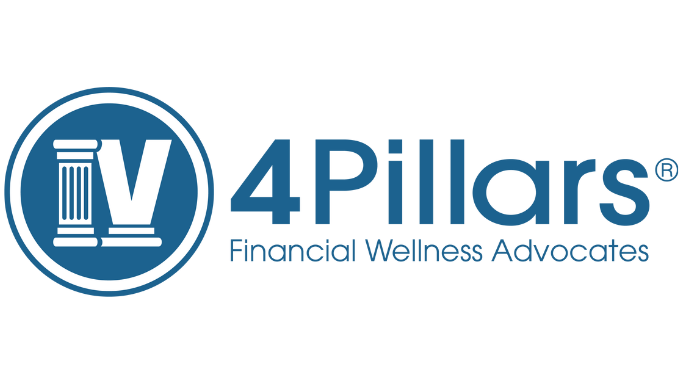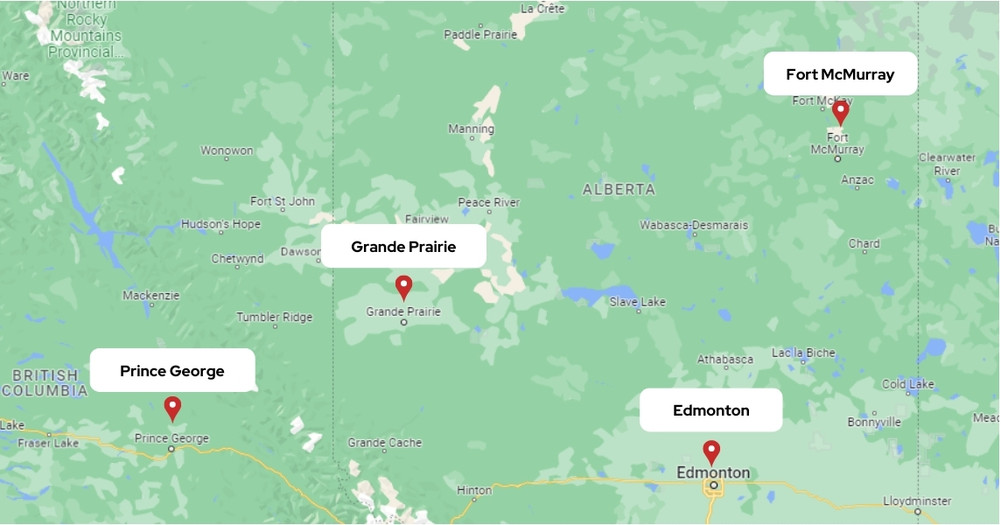Credit cards are a great way to build a positive credit history, earn amazing rewards and keep track of your expenses, avoiding possible frauds without risking your checking or saving accounts. However, credit cards companies are a business and their primary purpose is to make a profit, the way to do it is with fees you need to be aware of.
Are you paying more than expected? Does your credit card charge unknown fees to you? These charges have been always there, just hidden deep and poorly explained within the fine print of your agreement.
Balance Transfer Fees
A balance transfer is basically moving your debt to another account, usually transferring one credit card debt to another credit card. Besides credit card debt, other balance transfers include shifting or consolidating student loans, mortgage debts or car loans. The main reason: take advantage of low interest rates, saving hundreds of dollars in interest.
Before you sign for this tempting offer, you need to be aware of the small print on the contracts, balance transfer fees can range from 1% upwards to 3% of the amount of the transfer. Also, most low-interest or 0% interest credit cards only offer this rate for an introductory period (usually 18 months), after that time the rate is much higher.
Make your money work and take advantage of these benefits, applying for a credit card without balance transfer fees.
Additionally, plan ahead and create a budget that maximizes monthly debt payments before the introductory rate expires.
Initial Setup Fees and Application Fees
Once you have the initiative to start your own business, you need to find the best form of payment for your business. Being, merchant accounts for the most common way to manage your finances.
Each time your customers pays, their money is transferred to their bank account, to your merchant account; and later on to your regular bank account. You need to pay a “merchant fee” for each transaction.
Nearly every processor will have a set up fee for your merchant account. However, some processors will charge for a non-refundable separate “application fee”, even if your account is declined. Meaning, you’ll pay extra and not be able to start accepting payments for your business. This is especially harsh for small businesses where every loonie counts. Look for processors where this fee is not charged or at least refundable.
Along with the application fee, look for an additional “annual fee,” which is essentially an upfront fee that is commonly paid during December or January, and could be as high as $100. To avoid unnecessary risks and expenses, always read your contract carefully and talk with your customer service representative. Look for alternatives to merchant accounts as PayPal or Square. You will save in the long run.
Monthly Minimums
The following hidden fee could be problematic for small businesses or new owners who don’t know how fast their business will grow. Processors might charge for a “monthly fee” aside from your standard monthly fee and your merchant fee.
This fee is the minimum amount you need to generate and pay your provider each month in processing fees, If you surpass the “minimum” you will not be charged. However, if your business cannot surpass the minimum, processors will require you to pay the difference between your “monthly minimum” and the processing fees for that month.
The best way to avoid headaches is to look for providers without this monthly fee or, consider skip the traditional path of merchant accounts and seek for financial services and digital payments (E.g. PayPal or Square).
Late Fees and Rate Increases
Because of a complicated financial situation or even forgetfulness, late payments generate credit card fees and increase your interest rate.
Canadian credit cards have the “advantage” of a minimum interest-free period of at least 21 days after your billing period. If you cannot pay the full amount by the due date, they will charge you with interest. You also need to consider other consequences of missing payments, like damage your credit score, and future loans are more difficult to obtain. Some financial institutions automatically increase your APR (Annual Percentage Rate), if you have two late payments in one year (a 12-month period).
We recommend calling your credit card company and negotiate a lower interest rate. As a preventive measure, budget for unexpected credit card expenses, set up alerts to keep track of your due dates, or schedule automatic payments from your checking or saving account before the due date.
Inactivity Fees
Having more cards than you need can lead to unwanted or unknown expenses, even if you are not using them.
After a certain period of inactivity, your credit card generates fees because it does not reach a set annual spending limit.
As an introductory offer, some cards don’t implement this fee during the first year, but after that time they implement the fee every year.
You should read your inactivity fee agreement carefully and speak with a customer service representative for a detailed explanation.
Consider canceling cards you’re not using, but be aware of early cancellation fees.
Get in touch to see what that could look like for you.


